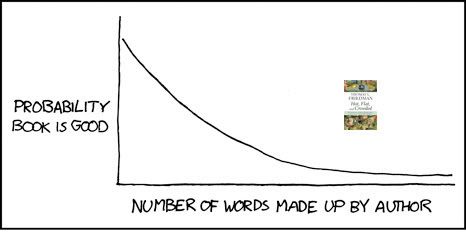it has been optimism, which includes the belief that growth and progress are essentially limitless, that every problem has a solution and that the structures of our existence can be bent and changed according to our desires, that lies at the heart of our greatest difficulties. And it is optimism that prevents us from coping with the consequences of unrealistic expectations.
Perhaps helping to prove my point, Larison currently works for the American Conservative magazine, and is getting published at the usually excellent Culture 11 conservative publication. Pessimism sells.
However I think here he, (like my colleague) mistakes optimism for recklessness and indifference. To be optimistic is not to ignore the challenges and risks, to be optimistic is not to fall for utopianism, to falsely believe the solution to every problem will be easy and achievable now. To fall for a mirage. Instead, to borrow a phrase, there is nothing false about hope.
I'm sometimes asked why I identify as a Liberal, not a lefty, and the reason is my optimism in progress. Now perhaps this is just a character flaw, but I think intellectually history backs this up.
In 1900 there were around a dozen functioning democracies, today there are over 90. The average life expectancy in the first world was in the 40's, today in the developing world its well into the 70's, with the elite of the first world looking to clock 80+. We have brought women into our political, economic and educational institutions, we have abandoned the idea of a racial superiority and in doing so scrubbed our systems free of its subverting prejudice. We have developed the technology to talk to anyone in the world in real time, to explore space, to search for the moment of the universes creation, to re-engineer the human body to overcome so much that the natural world has tried to throw at us, in its unceasing war on our species.
We may falter at all of these tasks from time to time, we have not yet extended these benefits as universally as we must, but and perhaps most importantly we are aware of our failings. We know when there is a genocide, a racist betrayal, an abuse of rights, a hungry child.
Perhaps that is why Academics should be rewarded for their naturally negative tendencies, they are part of the great effort pushing our society to not only be aware, but to act on these faults and flaws. But like a night time janitor who see's only the mess left behind in the empty stadium, what they all seem to miss is the thriving, passionate and engaged life which filled the rafters with cheers and joy just hours before.
Contra Larison, It was optimism that led mankind to first gather together, to build, to shape and try to craft out a safe harbor against nature's unrelenting efforts to kill us. It has led us to double our lifespan, educate our minds, challenge racism and bigotry, and expand beyond our tiny planet into the stars above. We couldn't have done any of this without optimism, it is a necessary element of every single significant human achievement, from the pursuit of an individual towards their ideal partner, to our greatest collective works.
It was not optimism but blind faith that led us astray in Iraq and in our markets. Optimism is not the problem, blind faith is. Faith leads us to trust the sun will rise again tomorrow. Optimism demands we do everything we can to take advantage of that opportunity should it arise. Faith tells us that our desired outcome will come through regardless, optimism that we can achieve it if we try.
In 6 days the US will elect its first africa-american president. For a nation with optimism practically enshrined in its constitution, its hard to see this as not the perfect and timely example of optimisms critical importance.
Know hope.

